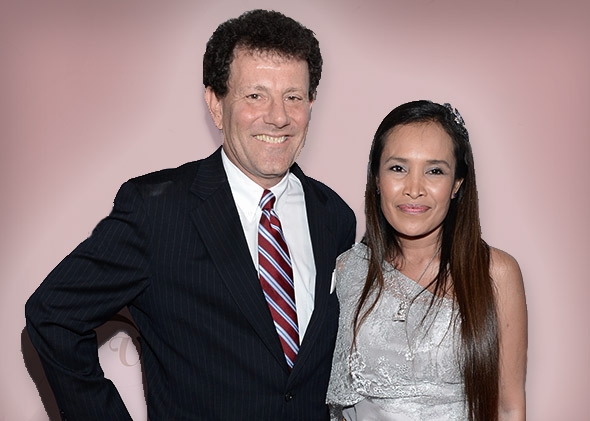Introduction:
Op-Eds, or view editorials, play a crucial task in shaping public judgment and fostering discussions upon diverse topics. This article explores the impact and significance regarding Science Op-Eds in The Los angeles Times, focusing on how all these thought-provoking pieces contribute to open discourse, influence policy options, and bridge the change between scientific expertise and even lay understanding.
1 . Amplifying Scientific Voices:
NYTimes Science Op-Eds provide a platform with regard to scientists, researchers, and specialists to directly engage with people. By sharing their ideas, opinions, and concerns, those pieces amplify scientific noises, ensuring a broader find more crowd for informed perspectives.
credit card Breaking Down Complex Topics:
Logical issues are often complex and nuanced. Science Op-Eds in The New York Times excel at extracting intricate topics into comestible narratives, making scientific ideas accessible to a diverse loyal with varying levels of medical literacy.
3. Fostering Community Understanding:
Public understanding of scientific discipline is essential for informed decision-making. Science Op-Eds go beyond informative jargon, translating complex investigation findings into language which will resonates with the public. This kind of fosters a deeper idea of scientific principles and their real world implications.
4. Addressing On time Issues:
NYTimes Science Op-Eds address timely and lifting issues, providing expert insights on current events, surfacing technologies, and global complications. By staying relevant, these kinds of opinion pieces contribute to prolonged public conversations and arguments.
5. Influencing Policy and also Legislation:
Opinion pieces within reputable newspapers can have an impact on policy decisions. NYTimes Science Op-Eds leverage the believability of the publication to figure public opinion, garnering particular attention from policymakers and most likely influencing the development of science-related the legislation.
6. Encouraging Dialogue plus Debate:
Op-Eds spark dialog and debate by showing diverse viewpoints on scientific matters. The New York Instances fosters an environment where audience can engage with scientific authorities, question assumptions, and promote a broader discourse encircling critical issues.
7. Humanizing Scientific Endeavors:
Science Op-Eds not only convey information but also humanize scientific endeavors. By discussing personal experiences, challenges, and triumphs, scientists connect with readers on a human level, fostering empathy and a deeper gratitude for the individuals driving controlled progress.
8. Addressing General population Concerns:
Public concerns and misconceptions about science quite often arise. NYTimes Science Op-Eds provide a platform to address such concerns directly, debunk common myths, and clarify misunderstandings, fostering a more accurate public understanding of scientific advancements.
in search of. Navigating Controversies:
Controversies inside science can lead to public skepticism. Science Op-Eds navigate those controversies by offering expert points of views, explaining the scientific practice, and contextualizing research information. This helps build public rely upon the scientific community.
eight. Diversifying Perspectives:
The New York Times prioritizes diverse voices in its Op-Ed section. Research Op-Eds reflect a range of aspects, ensuring that issues are contacted from different angles, along with providing readers with a well-rounded understanding of complex scientific topics.
Conclusion:
NYTimes Science Op-Eds play a vital role in surrounding public discourse on scientific issues. By amplifying medical voices, fostering public being familiar with, and influencing policy actions, these opinion pieces lead to building a scientifically informed together with engaged society. As The Los angeles Times continues to provide a program for experts to share their own insights, Science Op-Eds will remain a crucial avenue for connecting the very scientific community with a international audience.




